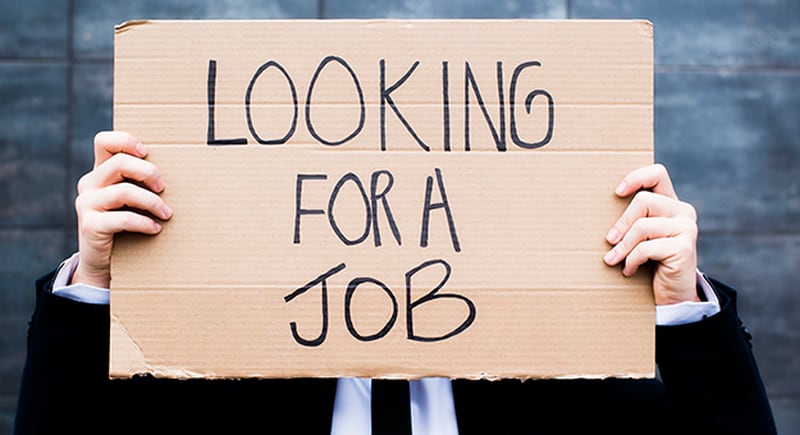Can a job applicant sue an employer for discriminating against older workers? The 11th Circuit Court of Appeals here last fall answered a resounding no in a case brought by an Atlanta man who got no response when he applied for a sales job at R.J. Reynolds company.
Now, the U.S. Supreme Court is being asked to hear the Atlanta man’s appeal in a case that could make it tougher for older workers to prove age discrimination.
Richard Villarreal was 49 when he applied for a job at R.J. Reynolds, but he never heard back from the company. He applied five more times in the next two years, without any luck. Later, after a whistleblower came forward, he found out why: A contractor hired to screen applicants rejected Villarreal and other older applicants because the tobacco company wanted someone “2-3 years out of college” and instructed the contractor to “stay away from” applicants with 8 to 10 years of experience.
Villarreal then sued, with the backing of the Equal Employment Opportunity Commission. But federal district court and the 11th Circuit said that as an applicant – not an employee – Villarreal wasn't protected by a federal law banning age discrimination by employers.
The court, in an opinion written by Judge William Pryor, also said Villarreal had filed his suit too late, waiting nearly three years after his initial job application. It didn't matter that Villarreal didn't know why he had been rejected until after the whistleblower came forward, said the six-judge majority opinion. Villarreal should have diligently tried to find out why his application wasn’t accepted, the court ruled.
A dissenting appeals court judge said that standard was too harsh: “Employers who act illegally should not escape liability just because their conduct was hidden through the end of the limitations period,” wrote Judge Beverly Martin. Four other judges also dissented.
Villarreal has appealed to the Supreme Court, which is considering whether to hear the case. If the 11th Circuit ruling stands, legal experts say it will be harder for older workers to prove they faced discrimination, Pacific Standard magazine reported.
Already, it wrote, the Supreme Court and lower courts have ruled that employers can cite things such as pay levels or health costs to justify treating older workers differently, despite the federal anti-discrimination law. Among the rulings, the Supreme Court has ruled that older workers must prove that their age was the crucial factor in a demotion, not just one of many factors.
Research already shows it is harder for older workers to get hired, especially older women, NPR reported.
Credit: Lois Norder
Credit: Lois Norder
In a brief asking the Supreme Court to hear Villarreal's case, AARP wrote that employers continue to engage in subtle discriminatory behavior against older workers. If the 11th Circuit's decision is allowed to stand, AARP wrote, the federal law banning age discrimination "will become mere words on paper for older, unemployed individuals.
"For while employers will still be prohibited from limited job applicants by age...they can effectively achieve the same result by imposing maximum-years-of-experience criteria or requiring recent educational degrees as minimum qualifications."
The U.S. Chamber of Commerce has argued on Reynolds' behalf, saying that it Villarreal prevailed it would "subject employers to potential liability for a host of commonplace and legitimate hiring practices." For example, it said, employers could face discrimination claims for recruiting at colleges.
NOTE: This posting has been updated. An earlier version incorrectly attributed to Judge Robin Rosenbaum the quote above that was written by Judge Beverly Martin in her dissenting opinion.






